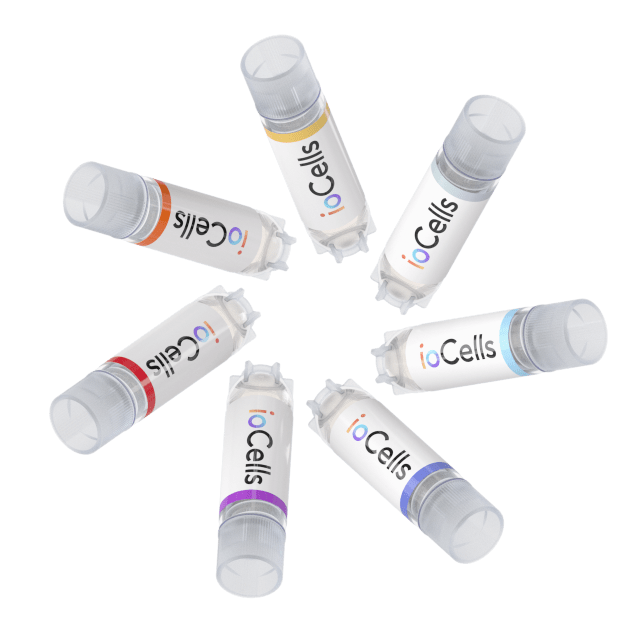Rewriting human health,
one cell at a time
Products | ioCells
Deterministically programmed human iPSC-derived cells for research and drug discovery

Cell coding platform
Our platform has the ability to create any human cell type and to manufacture it at scale with precision and consistency.


Therapeutics
Biology is our software, cells are our cures. Every cell type that we create has the potential to give rise to multiple next generation therapies.
Latest news
bit.bio accelerates global access to human cells with new pricing model and distribution hub
19.02.2026
Read now
Published by bit.bio
bit.bio secures $50 million Series C to scale human cell programming technology
09.01.2026
Read now
Published by bit.bio
bit.bio Publishes 2025 Sustainability Report
03.12.2025
Read now
Published by bit.bio
bit.bio launches Early Access programme for ioHepatocytes, a new iPSC-derived liver model
05.11.2025
Read now
Published by bit.bio



